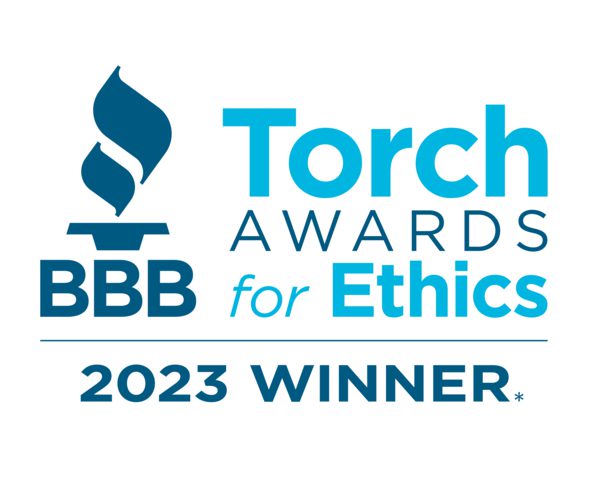A New Legislative Session
The Ability Center has been watching our Ohio Statehouse as we move into a new legislative session. Last week, we joined advocates from around the state for a Celebrate our Carers event to keep everyone’s attention on the impending raises for direct care workers as well as other steps that need to be taken to ensure a strong direct care workforce in Ohio. Next, we are asking the state of Ohio to establish a Commission to study the direct care workforce shortage to make recommendations on how to anticipate, recruit, and maintain a direct care workforce in Ohio.
Other bills that we are watching this session are HB150, a bill that would outlaw housing discrimination on the basis of income; HB59, which would establish the right to a lawyer in eviction proceedings; and HB174, a bill that would establish single-payor health care for Ohioans. The Ohio Senate has also established a “Senate Select Committee on Housing” that will be seeking testimony on housing issues facing Ohioans.
Acheson Hotels LLC v. Laufer
This session, the U.S. Supreme Court will hear another case that could have an outsized impact on people with disabilities. In Acheson Hotels v. Laufer, the Supreme Court will decide whether a tester has sufficient standing to sue under the Americans with Disabilities Act. In Laufer, a Florida resident who uses a wheelchair sued Acheson Hotels, a chain that operates in Maine, for not including accessibility information on their reservation website. The hotel chain moved to dismiss the case because Laufer had no intention to stay at the hotel.
On appeal, the First Circuit found that Laufer had standing to sue as a tester and that she had experience injury through feelings of frustration, humiliation, and second class citizenry. The hotel chain asked that the U.S. Supreme Court consider the case, and it is set to hear arguments on Tuesday, October 3, 2023.
What effect does this have?
If the U.S. Supreme Court finds that Laufer has tester standing to sue, it will overturn the opinions of several appellate districts that have found that plaintiffs must have an intent to return in order to file suit under the ADA. If it finds against Laufer, then organizations that represent people with disabilities would no longer be able to file suit based on an investigation of an organization’s accessibility.
Written by Katherine Hunt Thomas


